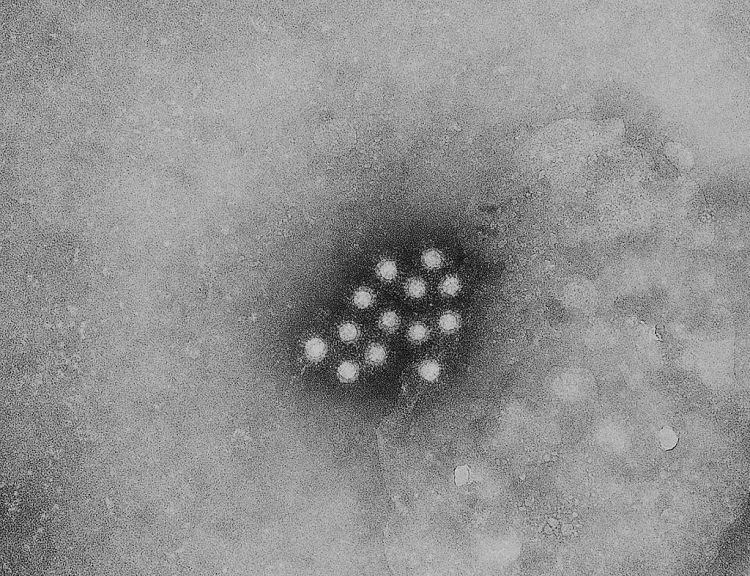Dr. David Andes discusses hepatitis A outbreak in San Diego


Since March 2017, San Diego, California has contended with a widespread outbreak of hepatitis A. The outbreak resulted in at least 460 cases, 300 hospitalizations, and 17 deaths as of October 1, 2017.
The tourism and travel industry has also been affected, as at least one major convention has canceled due to public health concerns.
The Centers for Disease Control and Prevention describes hepatitis A as a vaccine-preventable, communicable disease of the liver caused by the hepatitis A virus (HAV). It is usually spread person-to-person through fecal contamination, consumption of contaminated food or water, or sharing drug paraphernalia.
David Andes, MD, professor and head, Infectious Disease, discussed the fact that the annual scientific meeting of infectious disease professionals is continuing in San Diego from October 4-8 as originally planned - and adding an impromptu session about the San Diego outbreak.
"This is an important outbreak that obviously has important implications to public health, and we’re hoping that discussions that emanate from the conference will help to abate the current situation, or at least help people to better address similar outbreaks in the future," said Dr. Andes, who served as IDWeek's program committee chair.
Dr. Andes also commented about an earlier, unrelated convention that was canceled out of concern about the epidemic.
Resources:
- "Cookie Con blames hepatitis outbreak for backing out of San Diego convention," San Diego Union Tribune, September 19, 2017
- "Amid hepatitis outbreak, infectious disease experts to descend on San Diego," San Diego Union Tribune, October 1, 2017
Image caption: An electron micrograph of the Hepatitis A virus (HAV), an RNA virus that can survive up to a month at room temperature. This virus enters an organism by ingestion of water and food contaminated by human feces, and reaches the liver through the bloodstream. HAV infection is endemic in third world countries, and is prevalent in the Far East. Micrograph courtesy of the Centers for Disease Control and Prevention